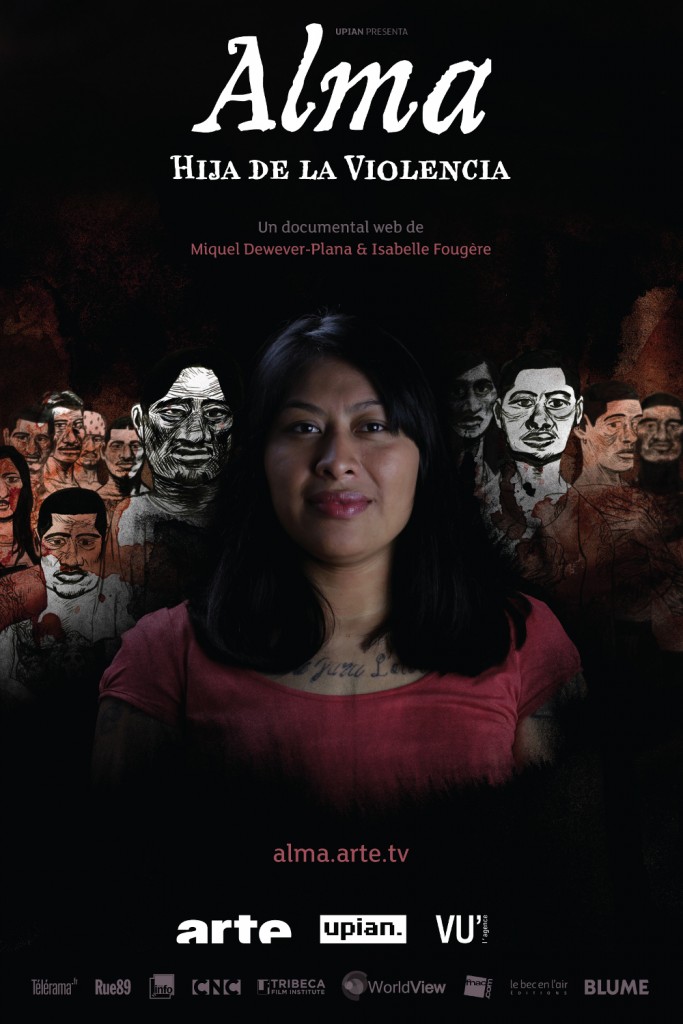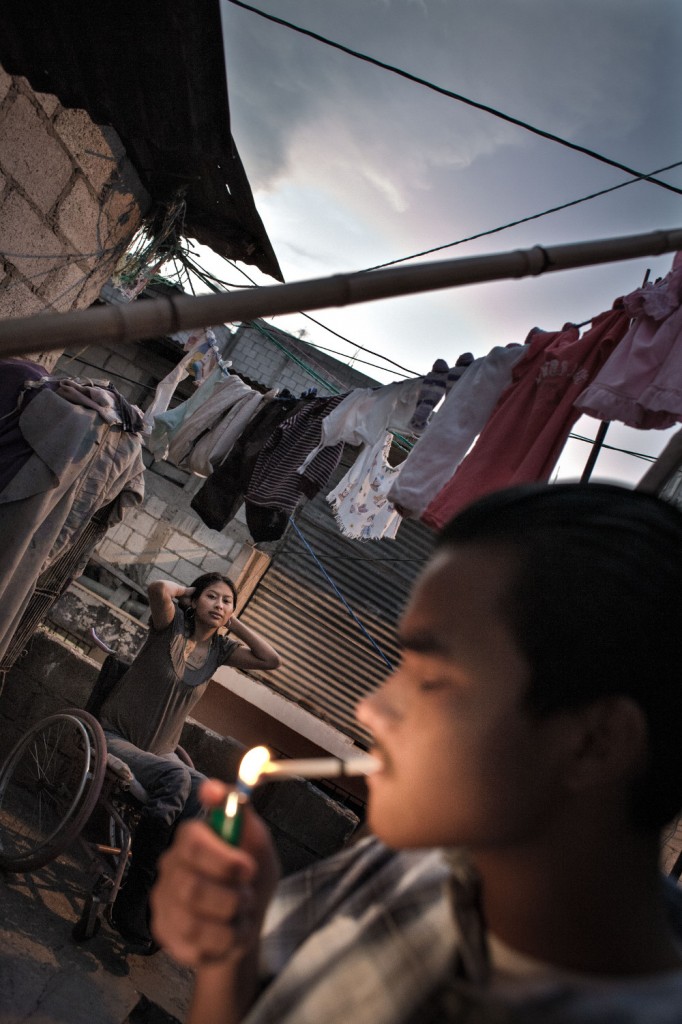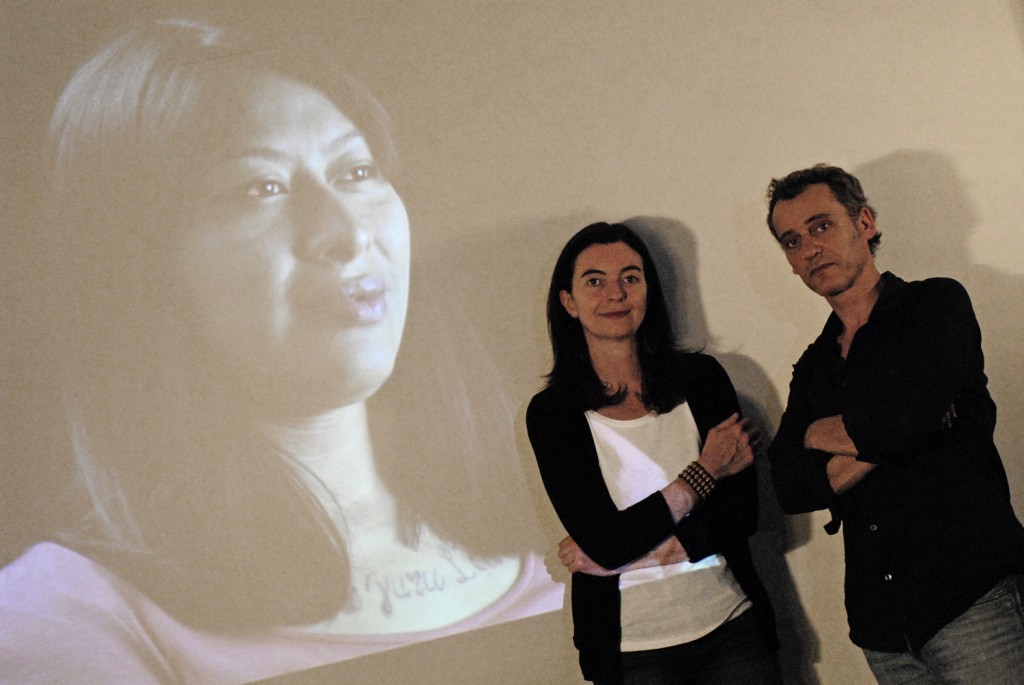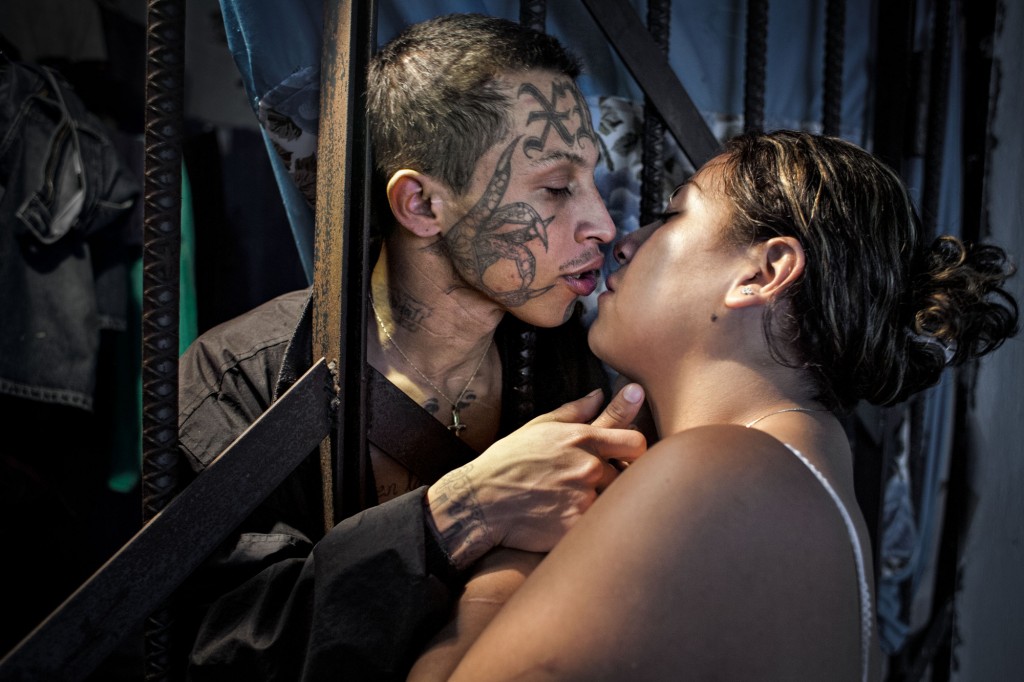Interview with the winner of the first prize in the Interactive Documentary category of the multimedia section at World Press Photo 13.
Increasingly, photography tends to converge with other means of visual, textual and audiovisual expression; at the same time, on both a professional and an amateur level, photographic images are not impervious to the social importance of the Internet.
Within this context, two years ago the World Press Photo foundation launched the Multimedia Contest: a competition that it views as complementary to its original photo contest and which responds to its commitment to provide a platform for innovative practices in the field of visual journalism. According to the contest rules, the multimedia works submitted must be produced specifically for the web and have to include photography and/or video in combination (as a minimum) plus animations, graphics, illustrations, sound or text.
At the ninth edition of World Press Photo in Barcelona, the Catalan capital will be the only city in Spain (and almost in the world) to show the nine winning works of the third Multimedia Contest, which covers three categories (Online Shorts, Online Features and Interactive Documentaries), each of them with a first, second and third prize.
This year, two of the first prizes awarded by the jury of this contest went to Spanish photographers. The top award in the Online Shorts category went to Mallorcan photographer Pep Bonet for his work Into the shadows, and the highest distinction in the Interactive Documentaries category to Palafrugell photojournalist Miquel Dewever-Plana, who, together with French writer Isabelle Fougère, produced Alma. A tale of violence, the spine-chilling story of a young woman who is an ex-gang member in Guatemala.
As Dewever-Plana explains to us, the genre for which the prize was awarded consists of “a documentary conceived and designed for the web, where we ask the Internet user to be active, not passive, before the screen, and thus become, somehow, an indirect actor in the story.” “It’s a very recent tool,” he affirms, “where everything can still be and must be invented.”
Dewever-Plana details how production began when “Alma agreed to give us her account because she wanted to help other young people – no matter where they were from: Guatemala, France, Spain, the United States, etc. – to avoid ending up, at age fifteen or twenty, like all her friends from that era: in prison or in the cemetery.” To respond to the young woman’s wish, he and Isabelle Fougère chose to use multimedia tools.
“The story told to us by Alma is universal,” says Dewever-Plana. “We are all Alma. Or, rather, we all could be Alma. Only the environment in which a human being grows up will facilitate, or not, people falling into such extremes and using violence as a language to exist. The Internet enables us to go into people’s homes and, thus, to take this reflection everywhere.” In addition, the film’s author highlights the fact that another attraction of the web documentary is that it has no limit in terms of time or space. “In Alma,” he explains, “apart from forty minutes of confession by the protagonist, we included hundreds of informative pages to help people better understand the situation. No other medium could have offered us this freedom.”
The information pages and other more journalistic elements of Alma were produced under the direction of Isabelle Fougère, while Dewever-Plana took charge especially of the part relating to the production’s images and videos.
“I don’t believe any standard team model exists for producing a web documentary,” the photojournalist affirms. “It all depends on the story.” In this case, Dewever-Plana maintains that, since this was a story of a men’s world told by a woman, “it was essential that it was another woman who interviewed Alma during the filming. That is why I asked Isabelle to form part of this adventure. She was the person who directed the interview and I think the fact that Alma was responding to another woman allowed her to be extremely honest when shedding light on the most painful part of her experiences.” Alma’s story is also the basis for the book ALMA (Blume, 2012), with a literary account by Fougère and images by Dewever-Plana.
Asked about the potential of multimedia tools in the world of professional photography, Dewever-Plana asserts that, in the face of the economic crisis affecting the traditional media, “Internet will undoubtedly be the medium that will allow us [photojournalists] to continue working and reporting.” By way of example, the photographer explains to us that, to date, Alma has registered over a million connections (via the Internet and a free app for tablets). “It’s an unprecedented result that means that our work could reach a much larger audience by using the Internet,” says Dewever-Plana. Even so, the co-director of Alma confesses that this web documentary has not generated any kind of economic benefit for its creators and that in the field of photojournalism it will be necessary to “create a viable economic model that doesn’t yet exist.”
World Press Photo: exhibition and parallel activities
The World Press Photo Barcelona exhibition can be visited from 6 November to 8 December 2013 at the CCCB, with opening times from Tuesday to Thursday from 11 a.m. to 8 p.m.; on Fridays from 11 a.m. to 9 p.m., and on Saturdays, Sundays and bank holidays, from 10 a.m. to 9 p.m.
Coinciding with the exhibition, on 6 November at 12 noon, Miquel Dewever-Plana will be offering a Masterclass in Hall -1 of the CCCB. The photographer will share his experience in the creation, development and dissemination of the web documentary Alma, which was also the winner of the Web Documentary Visa d’Or Award at the Visa pour l’Image Festival 2013, in Perpignan.
In addition to this Masterclass, World Press Photo will also include other parallel activities.
+ info: http://www.cccb.org/ca/exposicio-world_press_photo_13-44780
Twitter: #WPP13BCN











